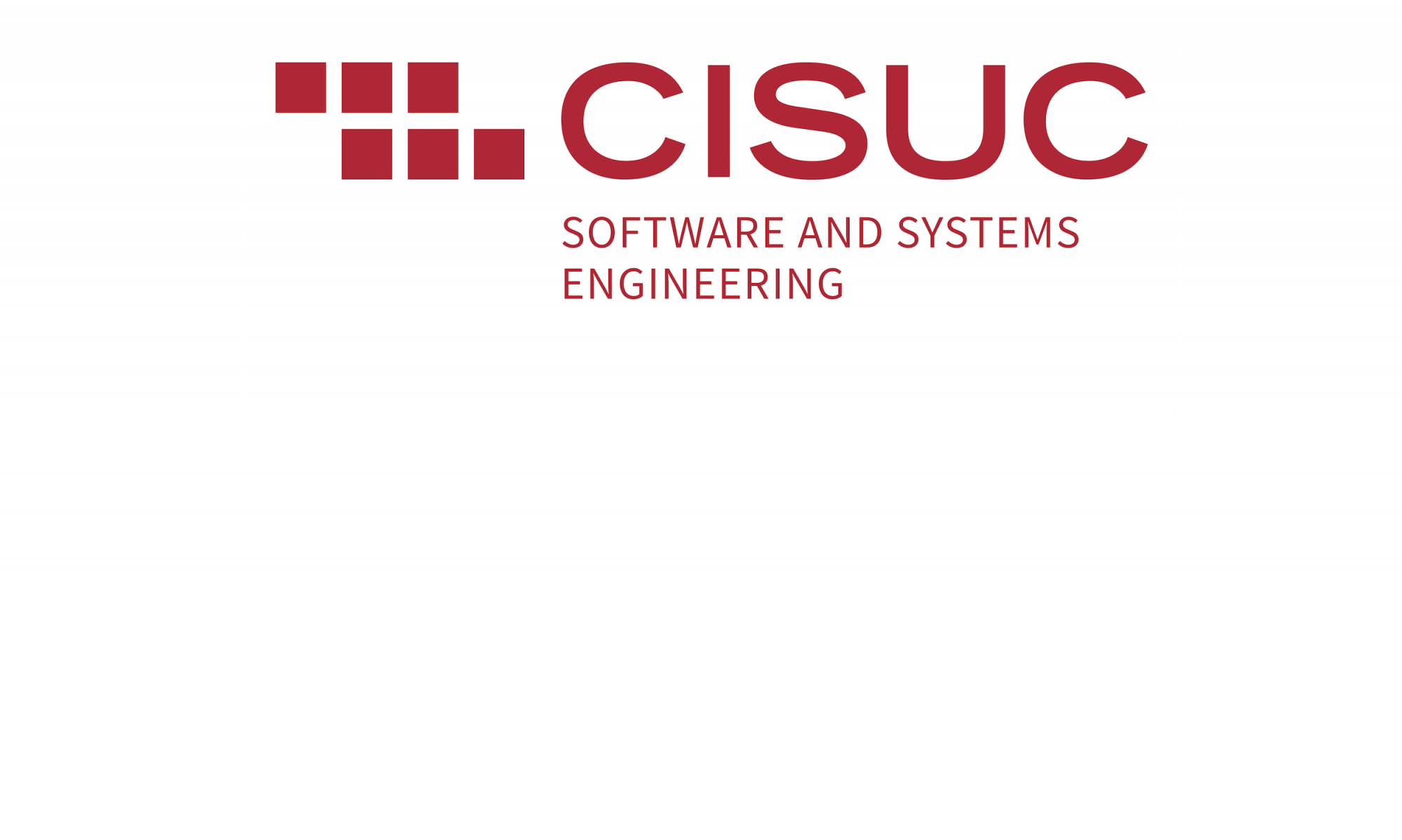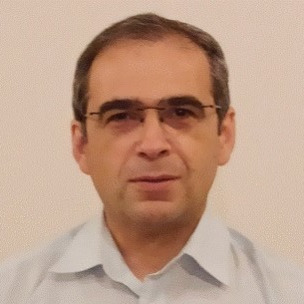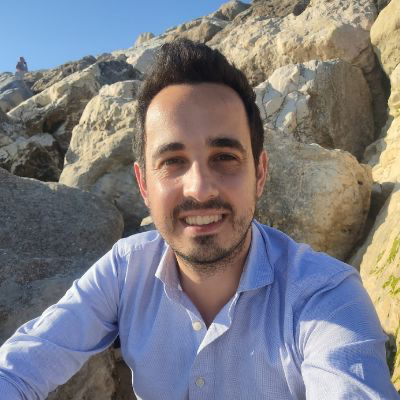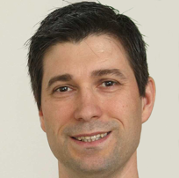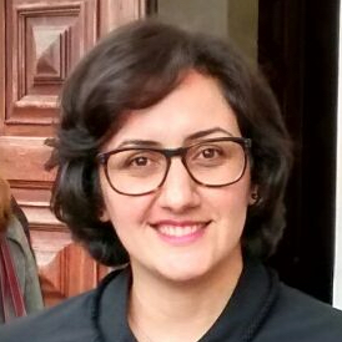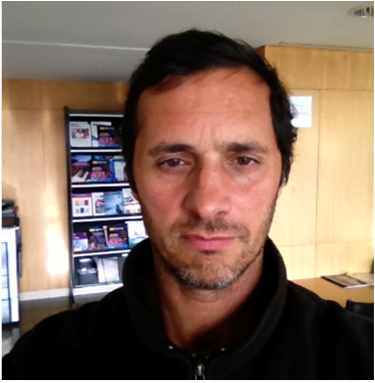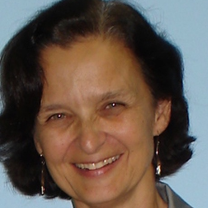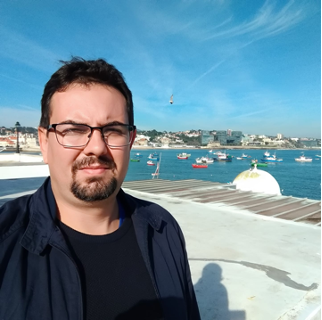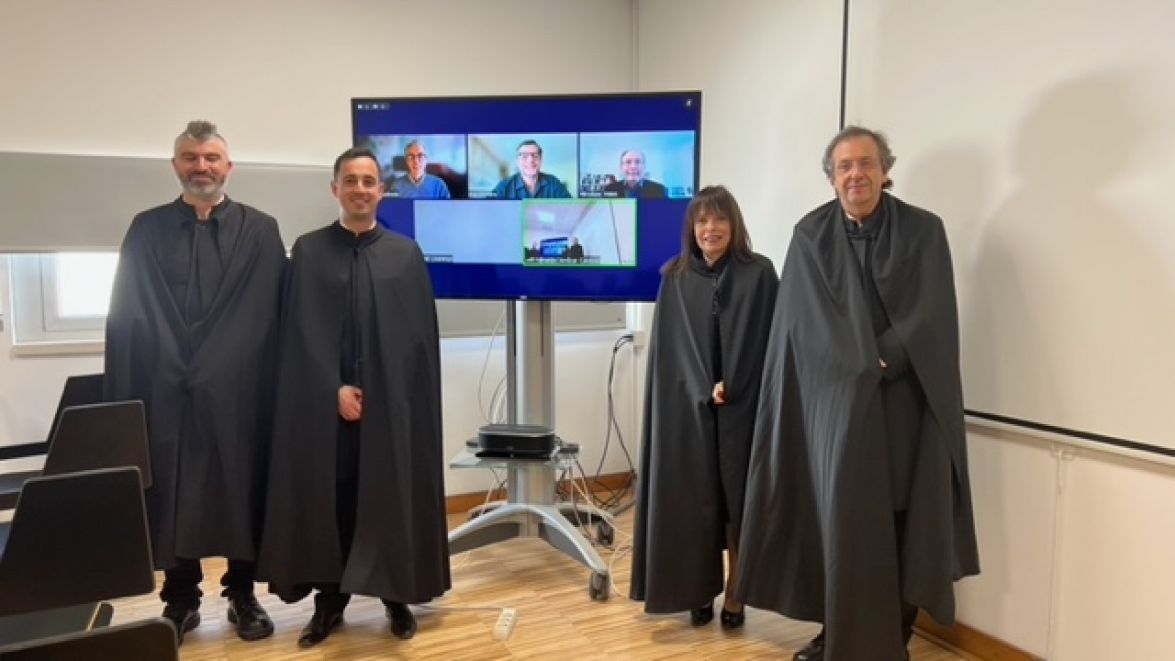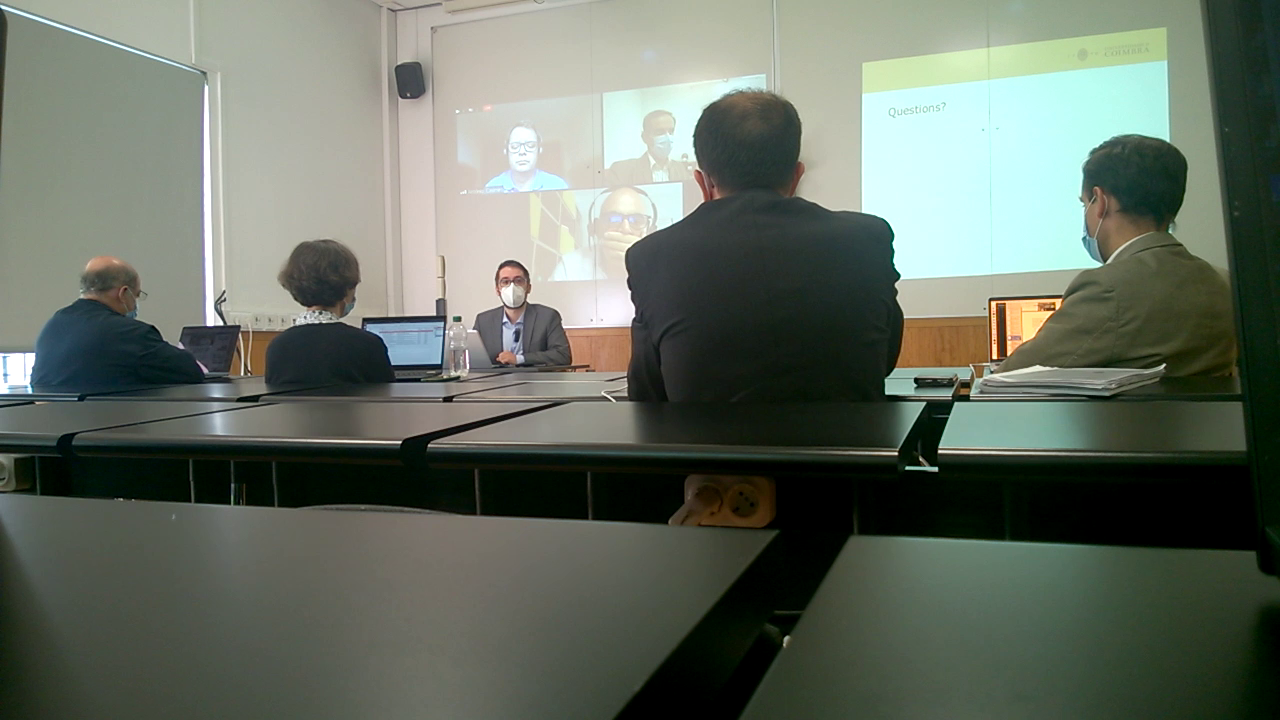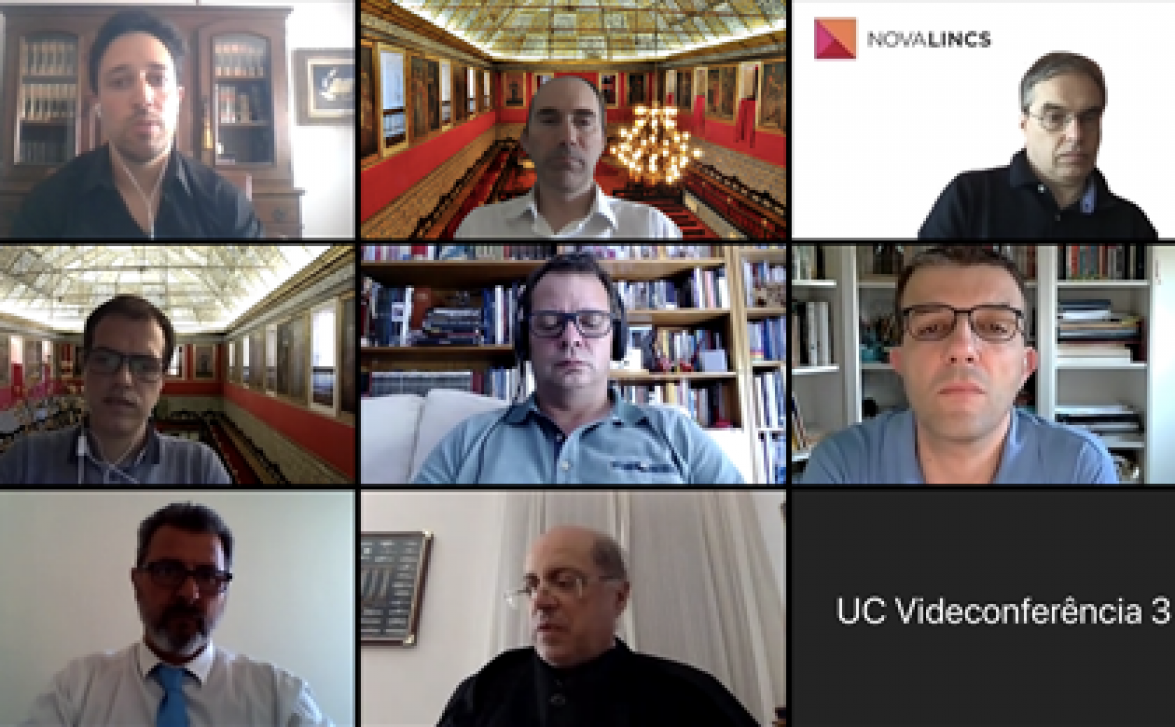A variety of official information is available at the official University of Coimbra website (https://www.uc.pt/international-applicants). A comprehensive welcome guide, with detailed steps and instructions, can be accessed here: https://www.uc.pt/international-applicants/welcome-guide/WelcomeGuideUC_web.pdf .
Notwithstanding, in this post you can find several relevant details compiled by previous researchers of SSE.
IMPORTANT NOTE: this is information is provided AS IS and may contain errors or be incomplete. It does not replace the need of reading the official information available at both the University of Coimbra and government platforms!
Degrees and transcript attestation
For both masters and bachelors (PhD documents as well if you are applying for PostDoc):
1. Attestation of degrees + transcripts (including grading scale if it’s not mentioned on your transcript) from Hague Convention
OR
1. Attestation of degrees + transcripts (including grading scale if it’s not mentioned on your transcript) from higher education commission
2. Attestation of degrees + transcripts (including grading scale if it’s not mentioned on your transcript) from Ministry of Foreign Affairs
3. Attestation of degrees + transcripts (including grading scale if it’s not mentioned on your transcript) from Embassy of Portugal in ther country where the degree was obtained.
Degrees Recognition and grade conversion
For project grants, you only need to provide this for your master’s degree (or the PhD degree in case of PostDoc). However, if you wish to apply for FCT grants, you’ll also need to provide this for your bachelor’s degree. Official details can be found here https://www.uc.pt/en/academicos/graus/reconhecimentos.
1. Provide a syllabus of your degree on the university’s letterhead, signed by the dean or someone higher up in the department on each page. The format should include a summary of the courses on the first page, followed by each subsequent page dedicated to a detailed syllabus for each course you’ve taken.
2. Choose the degree that’s closest to yours by visiting this link: https://apps.uc.pt/courses/en/index?q=&ou=&type=PRIMEIRO
3. Apply for specific recognition (automatic recognition for many Brazilian students, must check with the academics department if you’re eligible for it) AND grade conversion through DGES by filling out the form at https://www.dges.gov.pt/recon/formulario . For more information, visit https://www.dges.gov.pt/en/pagina/degree-and-diploma-recognition?plid=1536.
Accommodation
The best option is to book accommodation from:
1. The residencies of the university.
Students at SSE suggest also visiting the following sites:
2. https://www.uniplaces.com/
3. https://www.studentville.pt/en
4. https://www.idealista.pt/
5. https://www.owme.pt/
6. https://saferentcoimbra.com/
7. https://www.remax.pt/
8. https://radical.pt/
9. https://www.uc.pt/sasuc/apoios/alojamento/
Visa information
1. The visa has to be of the type “Residence visa > 1 year” for students (researchers for postDoc).
2. Should apply in advance, though the visa process and time depends upon the individual country, but keep 5-7 weeks time.
Vaccination Card
Should bring a vaccine card (childhood vaccine history card) containing tetanus vaccine translated in English, though it is a requirement from the university and not for the visa, it is an important document. If you have not had this vaccine, you can get this in Portugal as well, but it is suggested if you have it, you should bring it with you.
If you have family (partner or/and kids)
If you have a partner and/or kids, you can apply for your visa first. Once your visa is approved, you can apply for an accompanying visa for your partner and/or kids (if any). The required documents may vary by country, so be sure to check the requirements on the VFS Global website: https://www.vfsglobal.com/en/individuals/index.html.
OR
If the above option is not available or feasible for you, you can use the family reunification route. In this case, you’ll only need to apply for your residence visa. Once you’re in Portugal and have received your TRC (Temporary Residence Card), you can apply for family reunification through SEF. You’ll need to provide documents for your family members that have been attested by the Ministry of Foreign Affairs and the Portuguese embassy in your country or the Hague Convention, including a color copy of their passport. The required documents are listed on https://imigrante.sef.pt/en/solicitar/residir/art98-1/ . Once you have clearance from SEF, you can send the clearance document to your family and they can apply for their residence family reunification visa.
Arriving in Portugal
You can take flights for either Porto or Lisbon airports, and from there it’s preferred to use a train (https://www.cp.pt/passageiros/en), which you can book them online in advance. You can also choose the bus to Coimbra, and the main bus services are Flixbus (https://www.flixbus.pt/ ) and Rede Expressos (https://rede-expressos.pt/pt ). There is also an Airport shuttle service available to Coimbra (https://coimbra.airportshuttle.pt).
From Lisbon Airport
- Metro: get the red line towards ‘‘São Sebastião’’, and leave in the ‘‘Oriente’’ station. There you can get either a train to Coimbra or a bus (FlixBus). If you are travelling with bus (Rede Expressos), probably you will get your bus in ‘‘Sete Rios’’ station. In that case, you will get the red line towards ‘‘São Sebastião’’, and leave in the last station. Then, get the blue line towards ‘‘Reboleira’’, and leave in ‘‘Jardim Zoológico’’, where you can get your bus (‘‘Sete Rios’’). The trip costs € 1.65.
- Uber or Bolt: you can book a ride from their app to your destination.
- Taxi.
From Porto Airport
- Metro: get the line ‘‘E’’ towards ‘‘Campanhã’’, and leave in the last station. Both trains and buses (Rede Expressos and FlixBus) leave from there. The trip costs € 2.15.
- Uber or Bolt: you can book a ride from their app to your destination.
- Taxi.
Initial documentation
Must request for a NIF number (tax identification number) from Loja do cidadão in the first few days after arriving. The requirement is a valid visa with your passport and proof of address/accommodation.
You can also create a NISS (Social Security) number from the same place (i.e Loja do cidadão), but this is not a mandatory requirement, the documents requirements are the same as for NIF.
Opening a bank account
Preferred bank account options:
1. Santander bank
2. Novo banco
…
(there are several other options also, but do check the requirements, since most of other the banks require at least a TRC)
Required Documents:
1. Passport and valid visa
2. Scholarship agreement (if there is)
3. Multipurpose certificate (if you do not have this certificate, your supervisor can provide a proof of your enrollment that you are a student in the university)
4. Proof of address
5. Proof of NIF
6. University student card
It is highly suggested if you are on a scholarship/grant, to generate the multipurpose certificate in the first month of admission, because this is a mandatory document in many processes, and only in the first month you have access to generate it without paying the tuition fees.
Appointment with SEF for the residence card
Your appointment would be mentioned on your visa as a link, in case it is not mentioned or you have missed it, the university of Coimbra has a SEF office in Student Hub, Polo I. You can book an appointment for that through https://www.uc.pt/studenthub/. SEF has another office at Loja do cidadão but for that you will need to book an appointment by calling SEF.
The required documents are mentioned in https://imigrante.sef.pt/en/solicitar/estudar/art91/
Initial problems:
Problems in recognition
1. Getting degree recognition and grade conversion, especially with specific recognition, is a very bureaucratic and lengthy process. This leads to students studying and working for several months (e.g., 3-6 months) without income. For international students being from many different countries and backgrounds, affording the expenses for a few months might not be feasible and this process needs to be smoothened.
